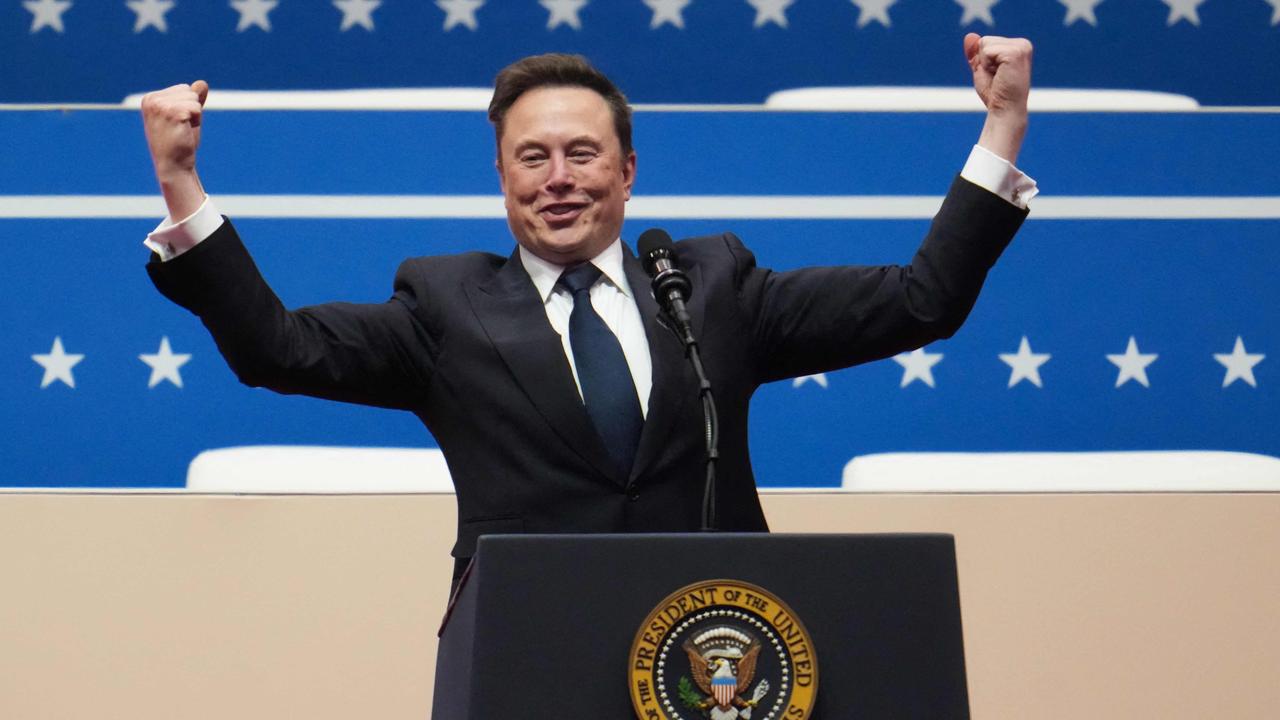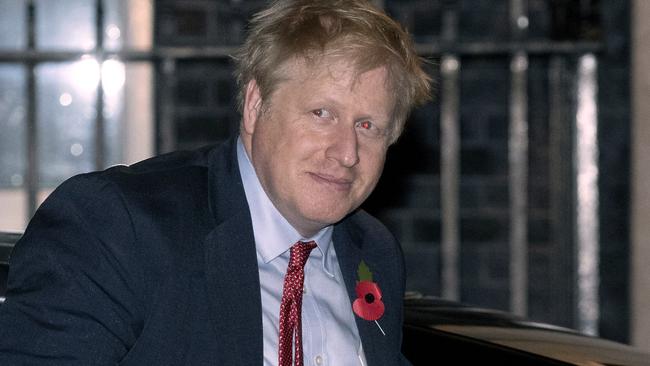
If they want to leave the EU after all, the British people will have to vote for Brexit for a fifth time.
And while Boris Johnson’s Conservatives have a commanding lead in the polls, the electoral arithmetic means the threat of a Jeremy Corbyn government is acute. The most radical and left-wing leader in the history of British politics could fall into government, with revolutionary economic and security policies, as a result of gains by the Scottish Nationalists and the Liberal Democrats.
If Johnson is to deliver Brexit at last, he will need to win an outright Conservative majority, probably by 20 seats or more, at the December 12 election.
A poll of polls puts the Conservatives at 37 per cent, Labour at 24 and the Liberal Democrats at 17, with Nigel Farage’s Brexit Party at 11 per cent.
That does not remotely guarantee a Conservative victory.
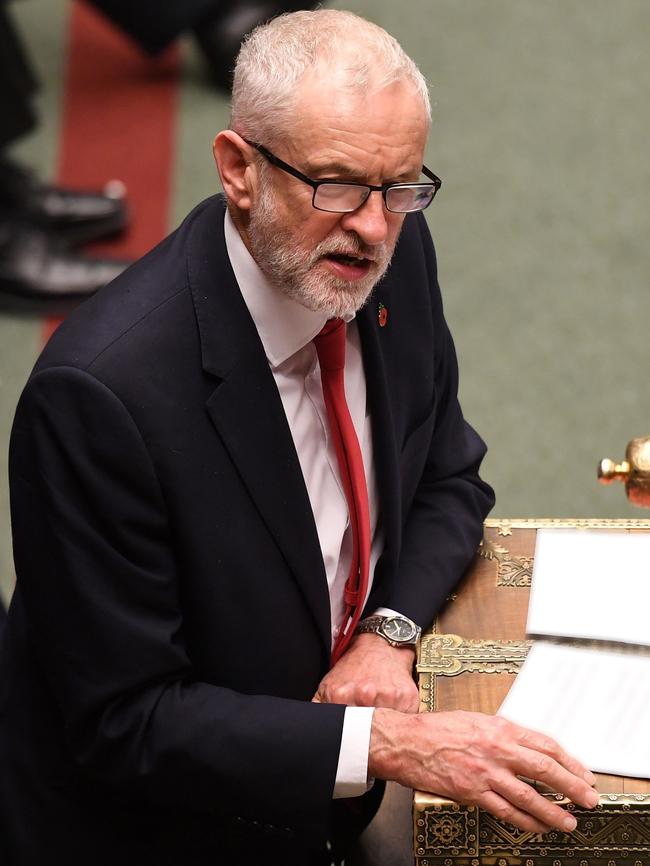
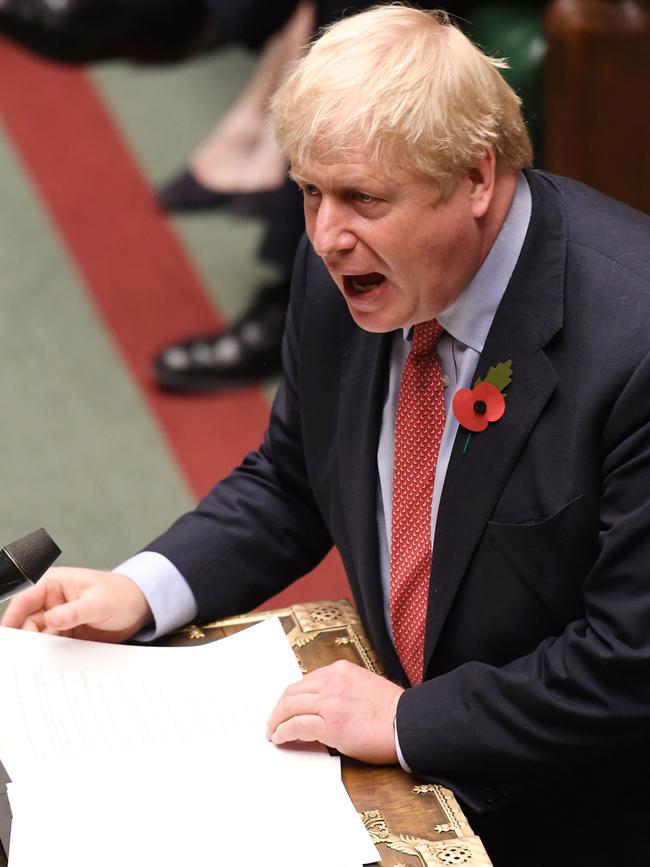
The polls are extremely fluid and the interaction of Britain’s first-past-the-post voting system with the fragmenting of the traditional vote bases makes the result intensely unpredictable.
At the last election in 2017, Theresa May started 20 points ahead but ended up losing seats and barely forming a minority government.
Johnson had promised Britain would leave the EU, do or die, by October 31. He has bent every strength of his formidable political persona to that end. Now he has the second-best result, a chance for the people to determine the issue once and for all.
Voters beyond the political addicts will be interested in lots of issues. Brexit is No 1 but health, the economy and law and order are not far behind.
Johnson is set to be a much better campaigner than May was (he could hardly be worse) but his task is herculean.
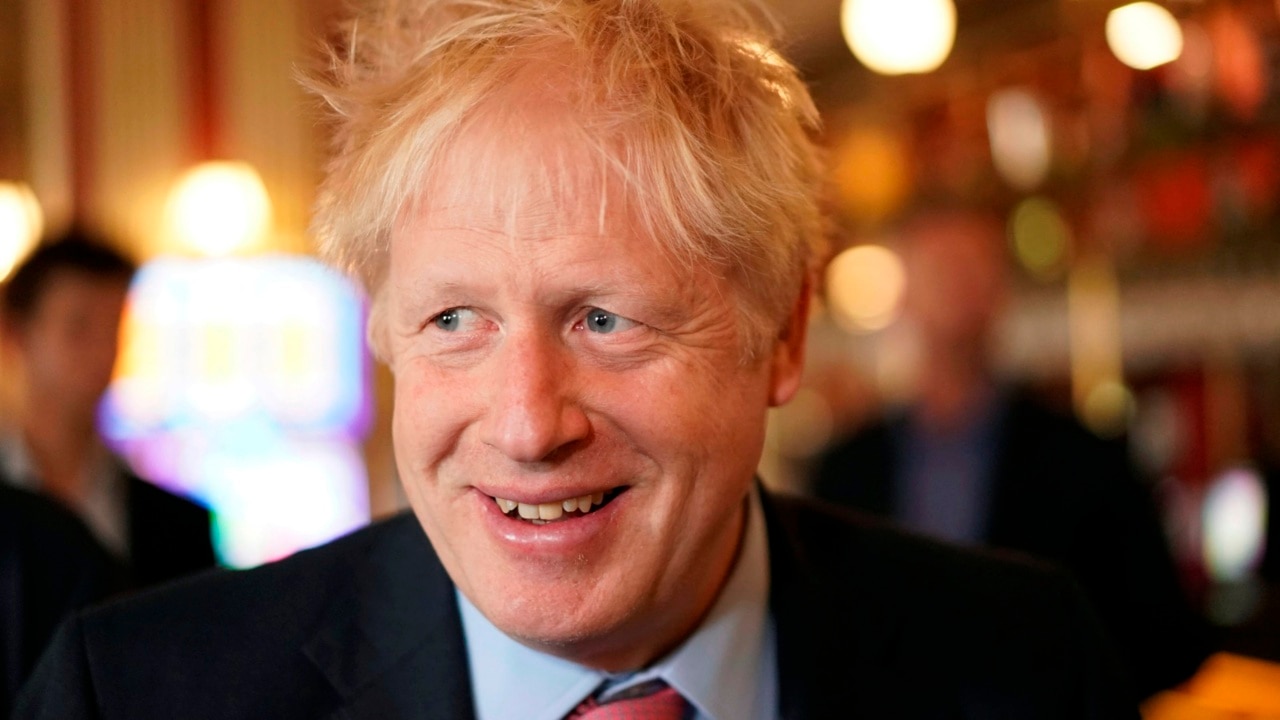
READ MORE: Corbyn dismisses fears of poll rout | Will gamble pay off for Boris? | Britain heads for the polls | PM ‘pouring petrol on division’ | Editorial — Resolving the Brexit imbroglio
The European and British establishments have done everything they can to frustrate Brexit.
In effect, the Brits must give Brexit their fifth endorsement.
First, they voted in their millions for the United Kingdom Independence Party. In 2015, they gave David Cameron a majority when he promised a Brexit referendum. In 2016 in the biggest vote for anything in British history, they decided 52-48 to leave the EU. Then in the 2017 election, both the Conservatives and Labour promised to honour the referendum result, with neither countenancing a second referendum, and won 80 per cent of the vote between them, with pro-Remain parties getting smashed.
We need to #GetBrexitDone so the country can move on 🇬🇧 pic.twitter.com/daE4UOyO0U
— Boris Johnson (@BorisJohnson) October 30, 2019
Since the 2016 referendum, the British have endured a “Brexitorture”, a slow, screaming water torture that just gets more agonising and is never relieved. The hapless May could do nothing. Parliament, comprised of overwhelmingly pro-Remain MPs, frustrated the electorate that had voted Leave.
In this election, a critical question will be whether the Leave or Remain vote consolidates best.
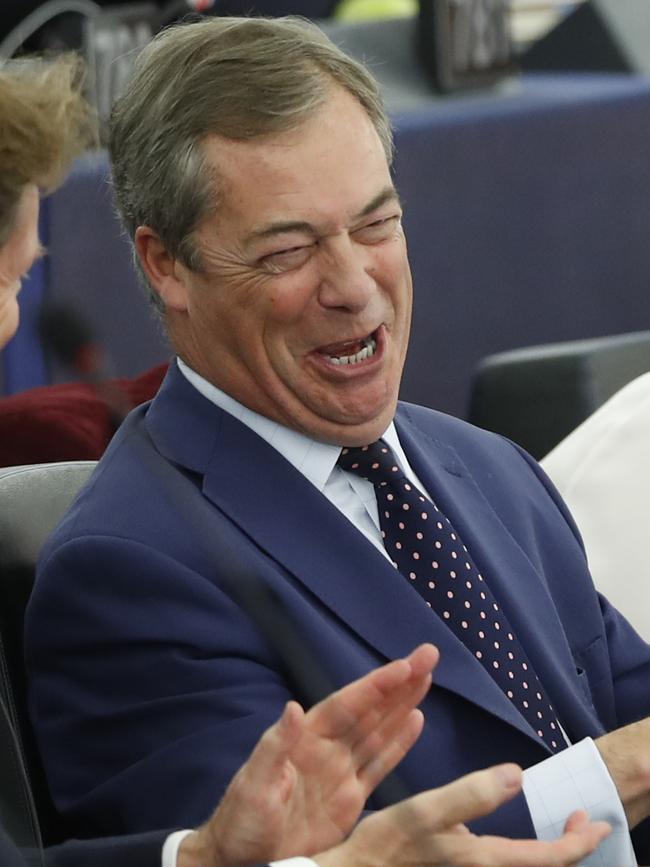
Perhaps the most mortal threat to Johnson, and to Brexit, is a big vote for Nigel Farage. In seats the Conservatives must win, the Brexit Party could take thousands of votes and effectively hand the seats to Labour or the Lib Dems.
So far, Johnson’s outsize personality and passionate commitment to Brexit has seen him deflate the Brexit Party vote. He will run on a promise, a slogan, of two halves — get Brexit done and invest in the National Health Service, the police and schools. Don’t look for small-government Thatcherism here.
If he unites the Leave vote, Johnson could win socially conservative seats in the midlands and the north from Labour, and do what May threatened but failed: take seats from Labour in Wales.
Labour’s position on Brexit under Corbyn is incoherent. It plans to negotiate yet another new deal with the EU and then put that to a referendum for confirmation by the public. Given how Labour-activist opinion has swung to Remain, it is not committed to campaigning for any deal it negotiates, as opposed to the option of simply reversing Brexit altogether. All of which would make negotiating anything with the EU more difficult than it has been so far.
The General Election has just been called.
— Jeremy Corbyn (@jeremycorbyn) October 29, 2019
It's time for real change. pic.twitter.com/aiUwhxm5K6
The Scottish Nationalists and the Lib Dems are both committed to Remain. Here’s where Corbyn has a serious chance of stumbling, Mr Magoo-like, into government.
The Scottish Nationalists lost more than 20 seats at the last election, mostly to Conservatives. The popular Scottish Tory leader, Ruth Davidson, has since stepped away from politics. Scotland voted Remain and the Tories, especially Johnson, are demonised there.
The SNP could win back a swag of seats and happily go into informal coalition with Corbyn. If Labour wins a slew of seats, that just about puts it in government.
The Lib Dems are likely to win some seats. Their leader, Jo Swinson, says she couldn’t back Corbyn as prime minister but she would certainly never back Johnson.
Johnson’s only potential parliamentary partner is the Democratic Unionist party. They are likely to retain their 10 seats but they oppose his Brexit deal.
If Johnson scrapes back with a bare majority or another minority government, he will be seen to have failed. The recent stalemate could be recreated, and then it’s Brexeternity.


